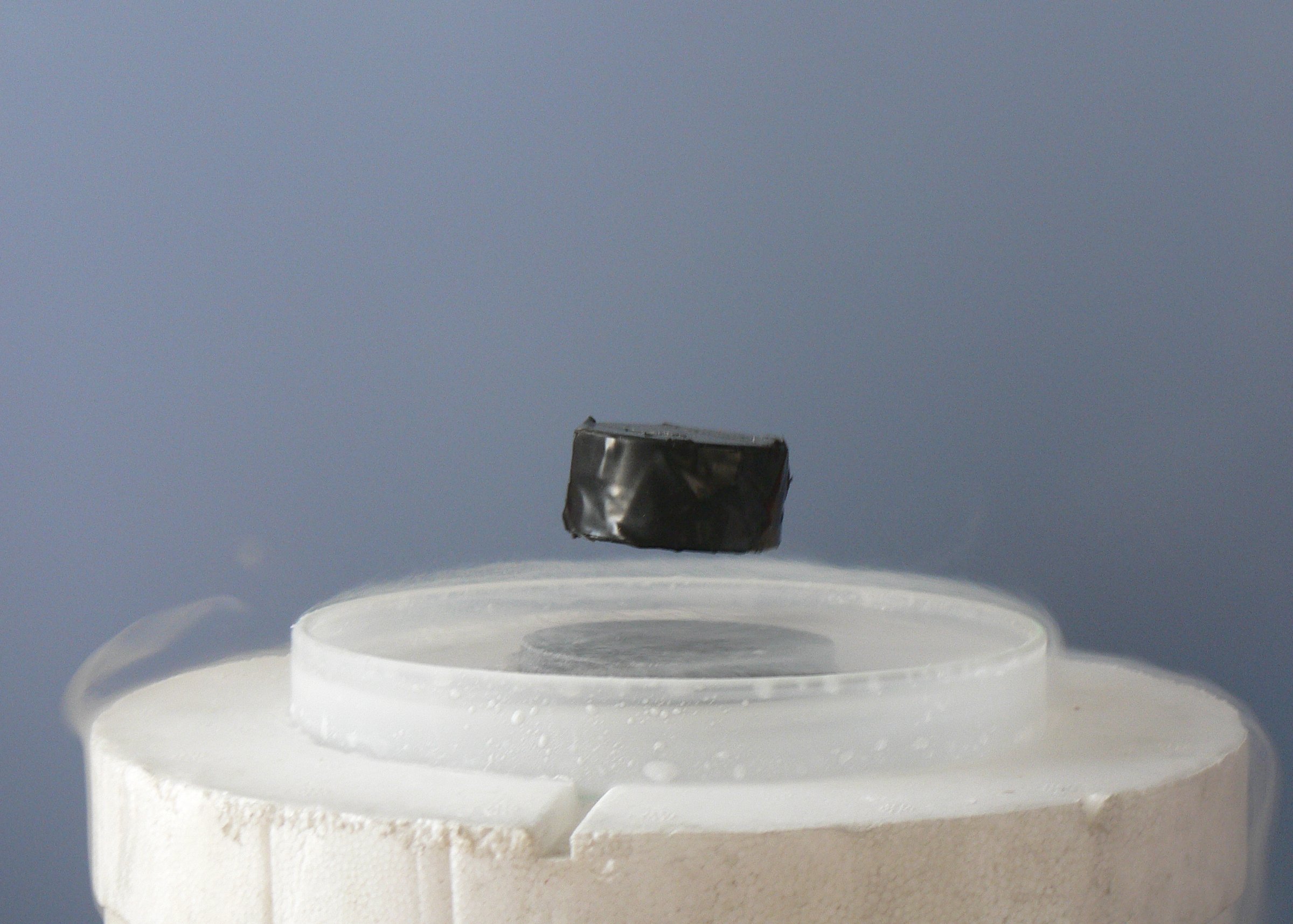
Photo from academic.microsoft.com
In this study, the possibility of using adhesives of natural origin for the manufacture of wood fiber-based lightweight panels was investigated. The boards, of a density ranging from 150 to… Click to show full abstract
In this study, the possibility of using adhesives of natural origin for the manufacture of wood fiber-based lightweight panels was investigated. The boards, of a density ranging from 150 to 250 kg/m3, were glued together using commercial urea–formaldehyde resin (control board), solutions of rye flour and potato starch and two types of starch: oxidized and gelatinized. The density and density profile, compressive strength, modulus of elasticity, acoustic properties and thermal conductivity were determined in the produced boards. These studies show that when food components are used as binding agents in the manufacture of lightweight wood fiberboards, the properties obtained can be comparable with those of commercial boards manufactured using synthetic agents.
Journal Title: Materials
Year Published: 2021
Link to full text (if available)
Share on Social Media: Sign Up to like & get
recommendations!